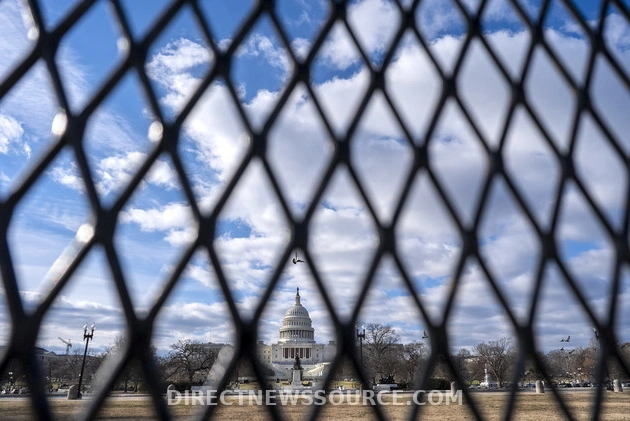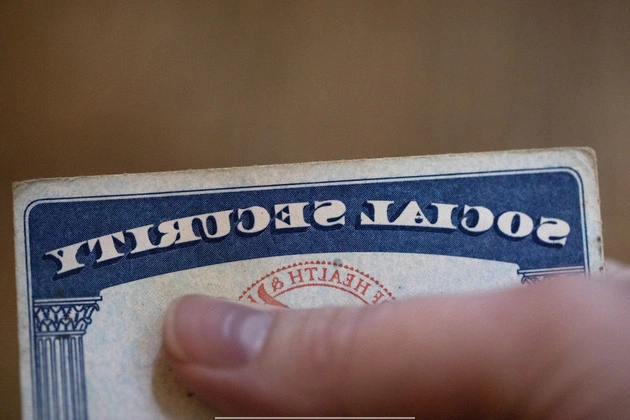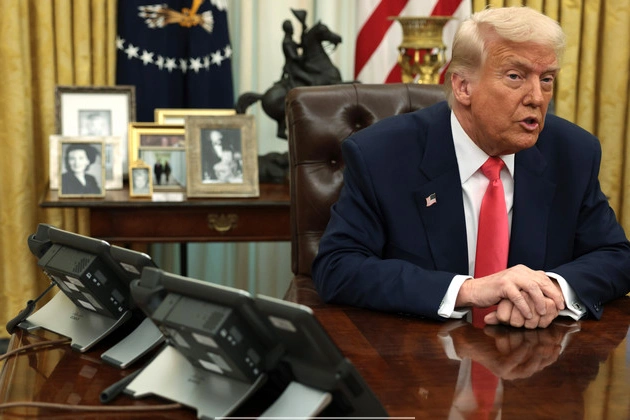
Federal Judge Denies Jan. 6 Felon's Request to Attend Trump Inauguration
A federal judge has denied a Jan. 6 felony defendant’s request for permission to attend Donald Trump’s inauguration, despite a personal invitation from members of the Utah congressional delegation.
U.S. District Judge Royce Lamberth said Russell Taylor’s “unusually grave” conduct at the Capitol — which included recruiting “fighters” to descend on the Capitol, wearing armor, carrying weapons and helping others push past a police line — did not warrant the “immense privilege” of attending an inauguration.
Legal Denial of Inauguration Request
“It would not be appropriate for the Court to grant permission to attend such a hallowed event to someone who carried weapons and threatened police officers in an attempt to thwart the last Inauguration, and who openly glorified ‘[i]nsurrection’ against the United States,” Lamberth wrote in a five-page decision.
Lamberth, a Reagan appointee, is the second federal judge to deny a Jan. 6 defendant’s request to attend Trump’s inauguration. U.S. District Judge Tim Kelly, a Trump appointee, turned down a request Thursday from a felony defendant charged with unleashing chemical spray at a police officer.
U.S. District Judge Tanya Chutkan, an Obama appointee, approved a misdemeanor defendant’s request to attend the inauguration, and several other requests are pending. The Justice Department has largely opposed such requests, saying it would be improper to subject Capitol police to facing the very people who stood against them four years ago.
Taylor’s is the only request that was publicly endorsed by members of Congress.
Former Utah representative Chris Stewart, who wrote to Lamberth on behalf of three current members of Utah’s congressional delegation, asked the judge’s permission for Taylor to attend as their guest.
“He is [a] caring father and reveres his family, his faith, and his love of our Country as his highest priority in life,” Stewart wrote last month. “I am honored to extend this invitation for him to attend the Inauguration as my guest.”
Complex Case Background
Despite the charges against him, Taylor’s case was complex. He quickly pleaded guilty for his crimes, acknowledged his wrongdoing and became an early cooperator with prosecutors, even testifying at the trial of an alleged co-conspirator. Lamberth sentenced Taylor to a term of probation and praised him as a model defendant. Under the terms of Taylor’s three-year probation, he must receive permission to travel to Washington.
Lamberth acknowledged Stewart’s praise for Taylor, but said he had already considered those factors when he gave Taylor a lenient sentence.
“Mr. Taylor’s motion presents only the narrow question of whether a person who conspired and acted to thwart the peaceful transfer of power four years ago with incitement, threats, and weapons should now be granted special permission to attend the celebration of the peaceful transfer of power,” Lamberth wrote. “The answer to that question is ‘no.’”















